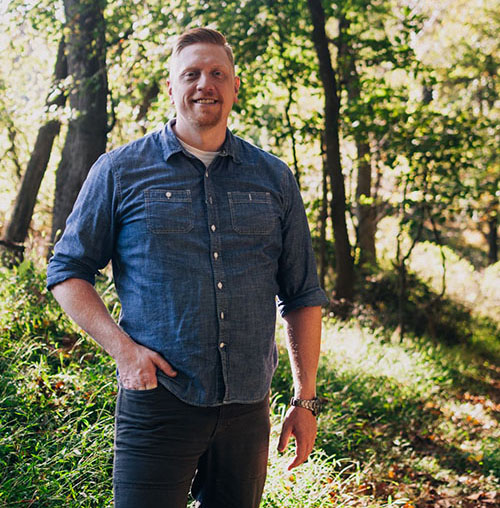In my previous article, I shared how the acute stress training – that Krav Maga is built upon – is uniquely positioned to help us weather other stressful situations. But how does this play out practically, in day-to-day life?
Here are some relevant and sometimes concerning results of having an entirely different lens during the quarantine:
Elisabeth Green, Columbia General Manager and black belt instructor, has had to use her verbal commands twice to reinforce social distancing with people who were crossing safe boundaries. She observed it was clear that it made other people uncomfortable for her to be so direct. How many people nationwide have been infected by strangers, simply because they did not have the practice to clearly articulate a physical boundary, even when one’s health is at stake?
I noticed the first time I needed to go to the grocery store that my stress was higher, and not because of concerns for infection. I make a point to methodically catalogue the faces of those who are around me. But with everyone wearing masks, how can I productively observe my surroundings from a personal security perspective? It heightened my sense of danger. But recalling other observational training, I ignored people’s masked faces and focused on their hands. That had the dual effect of practically assessing the potential danger around me, and also redirected my focus in a manner that re-balanced my stress.
Another predictable indicator of predatory selection – task and target fixation – has rapidly increased. People are trying to move faster when moving more slowly would serve them well. Their heads are down, they’re preoccupied with their masks, and they’re actually less aware of their surroundings when they need to be more. The ever-present danger of “tunnel vision” on an object or task – whether it be children, phones, or packages – is even higher now because there is more to think about when going out, and the perceived risk is much higher that unprepared or poorly trained peoples’ survival instincts are getting overwhelmed.
The overall stress in our society can also lead to dangerous aggression that might not have happened otherwise. An anesthesiologist in Kentucky was caught on video strangling a teenage girl after verbally attacking them for failing to practice social distancing.
Stress reactions are usually automatic. If someone approaches us in a threatening manner, we don’t make a conscious decision for our heart rate to escalate, our peripheral vision to narrow, or our brain to redirect resources away from complex cognitive processes towards survival. My good friend Amy Price, from Terra Counseling and Consulting has over 15 years working with survivors of all types of trauma. She observed that Krav Maga training intentionally activates the stress response that is usually automatic and unconscious, and allows the practitioner to familiarize her or himself with the experience of one’s own stress response, thus making it less uncomfortable and increasing the muscle memory for an effective response.

